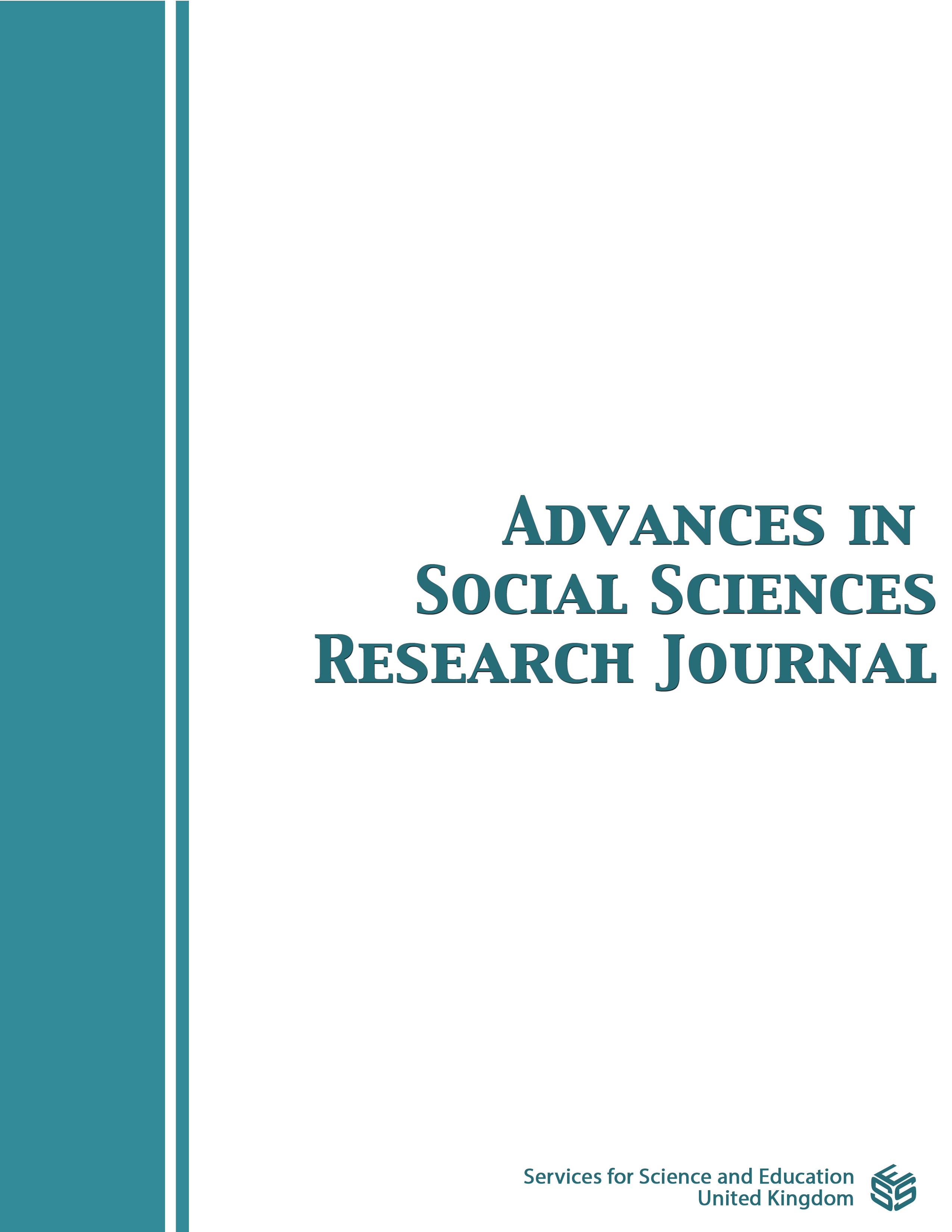The Impacts of Cyberattack on SMEs in the USA and Way to Accelerate Cybersecurity
DOI:
https://doi.org/10.14738/assrj.1110.17724Keywords:
SMEs, Cyberattacks, Cybersecurity, Financial impacts, Artificial IntelligenceAbstract
We are at the 4th industrial revolution called industry 4.0. The world is turning from digitalization to automation. Technological advancement and adoption and utilization of changing pattern of technology is gaining the gear at all social, political, diplomatic, economic and commercial spheres including SMEs. Technological advancement is bringing speed, innovation and sophistication of products and services in SMEs in one hand and on the other hand, cyber hacking and various and changing pattern of cybercrimes are hampering the growth and development. The aim of the study is to analysis the impacts of cyberattacks on SME’s productivity, growth and development in USA and potential way to accelerate the cyber security in the area. The study is mainly based on secondary sources of data including journals, research publications, scholarly articles, thesis papers etc. The finding of the study revealed that Banking and finance, healthcare, small manufacturing firms, retailers and E-commerce, public transport and infrastructure with less than 500 employees are the most vulnerable sectors for the Cyber-attack in the USA. The most commonly practiced cyberattacks are Phishing attacks, Ransomware, Malware, DDoS attacks, MitM etc. The Study suggests a number of cyber security measures including employee awareness and training program, creation of security policy and practice, know how to distinguish between fake antivirus offer and real notification and protect OT-IT system to prevent the damage.
Downloads
Published
How to Cite
Issue
Section
License
Copyright (c) 2024 Nazmul Hossain, Mahmud Hasan

This work is licensed under a Creative Commons Attribution 4.0 International License.
Authors wishing to include figures, tables, or text passages that have already been published elsewhere are required to obtain permission from the copyright owner(s) for both the print and online format and to include evidence that such permission has been granted when submitting their papers. Any material received without such evidence will be assumed to originate from the authors.






